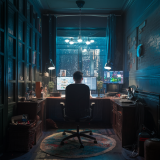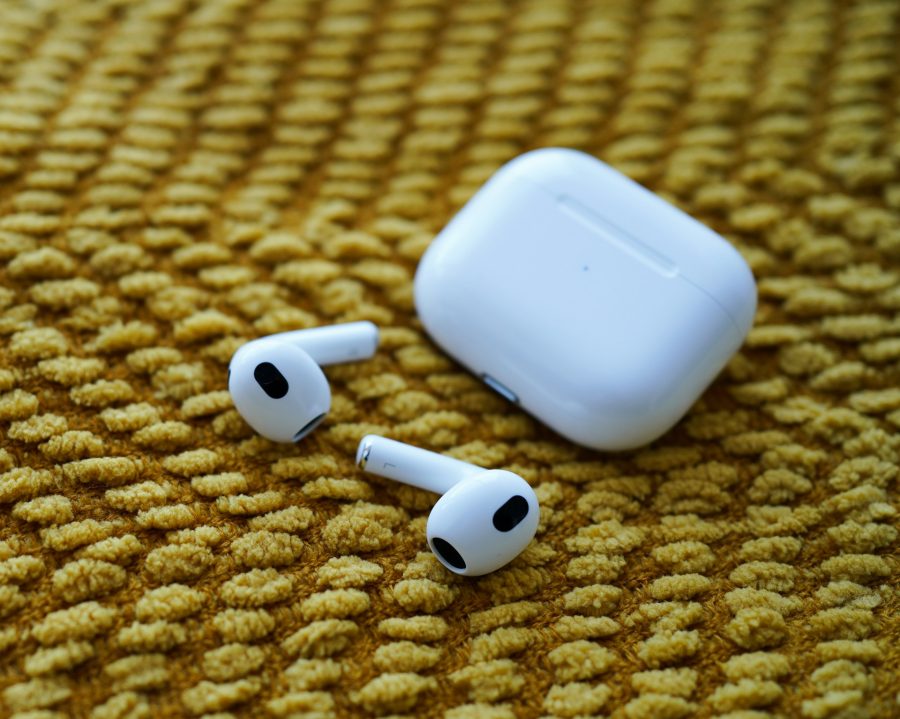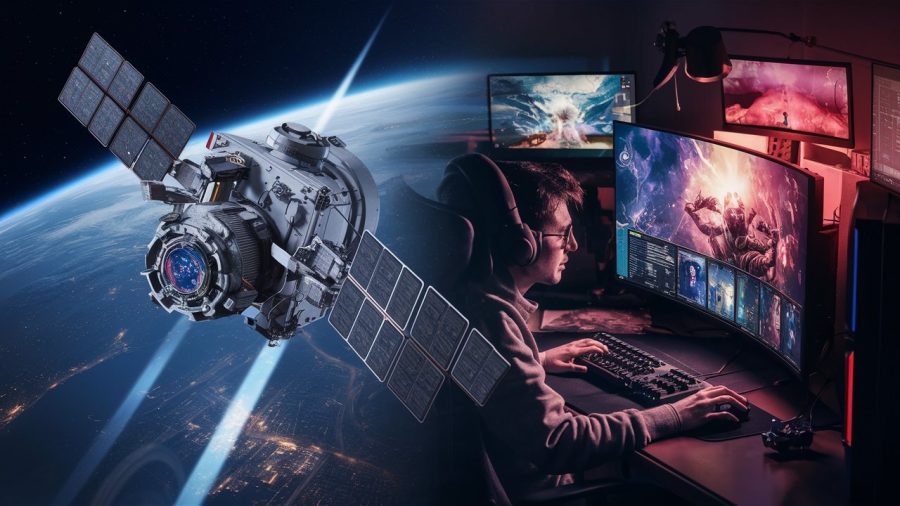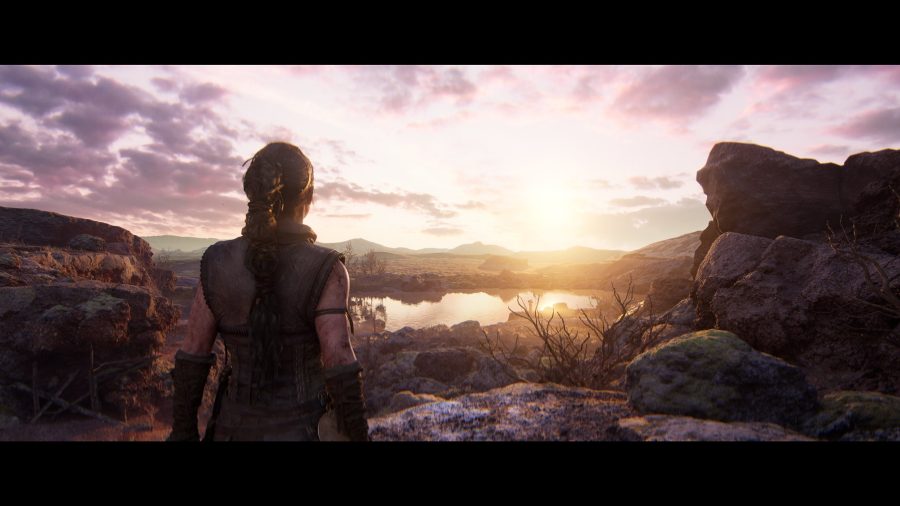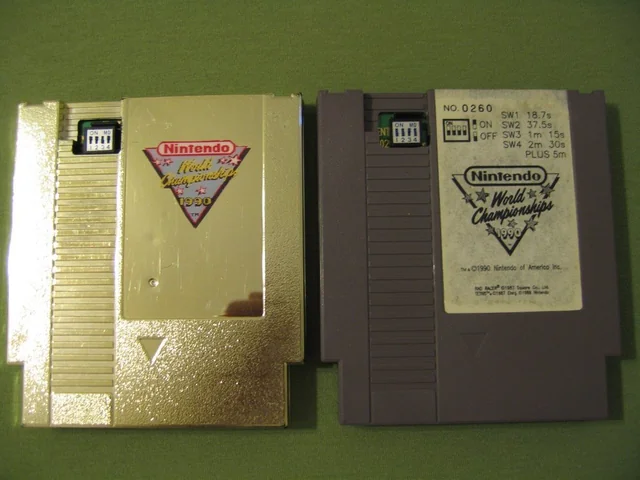An article by Nolan Goldberg in the National Law Journal brings up some intriguing legal implications as more lawsuits are filed as a result of large data visualizations and what they mean for our privacy.

For example, what about the case where evidence obtained by the police aggregating GPS movements of a suspect is admissible in court. Given how easy anyone who has an iPhone can obtain this information from Pete Warden’s iPhone Tracker and other applications, this is a real concern. The courts ruled that there is a difference of expectations of privacy between a single trip from home to work and the aggregated collection of such trips over a period of time.
In another case, a collection of Social Security numbers that was collected from public records was prevented from being republished, because the courts claimed this reposting would create new potential harm.
Goldberg is a lawyer at Proskauer Rose in New York City. Unlike many legal papers, Goldberg’s article is quite readable and raises some good questions as our legal systems grapple with these big data visualization issues.


